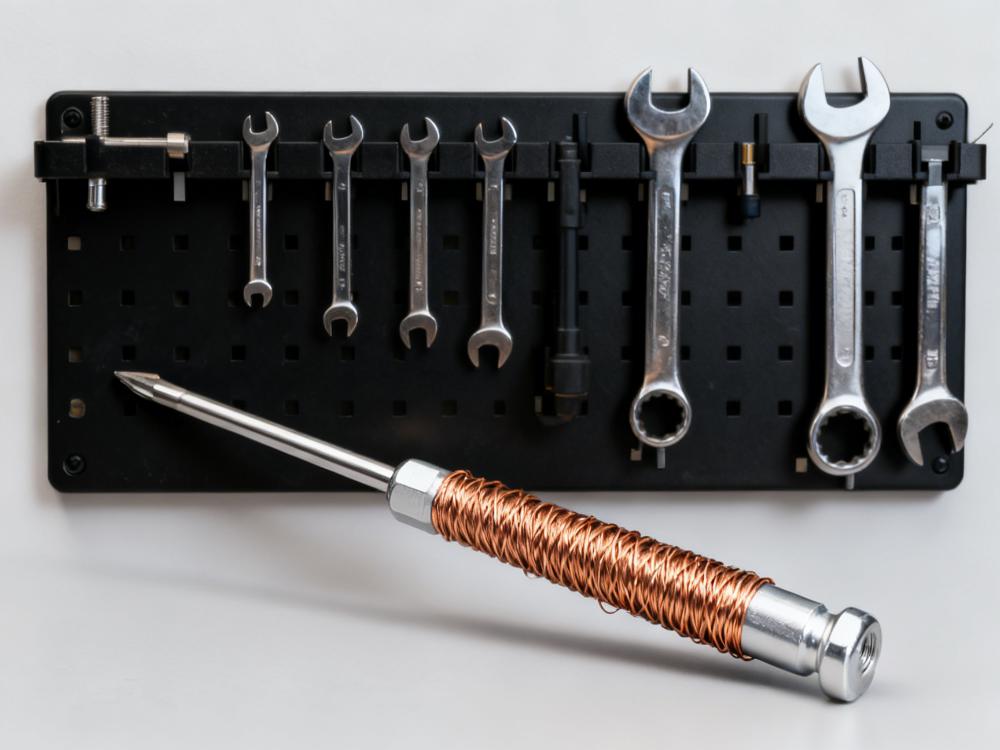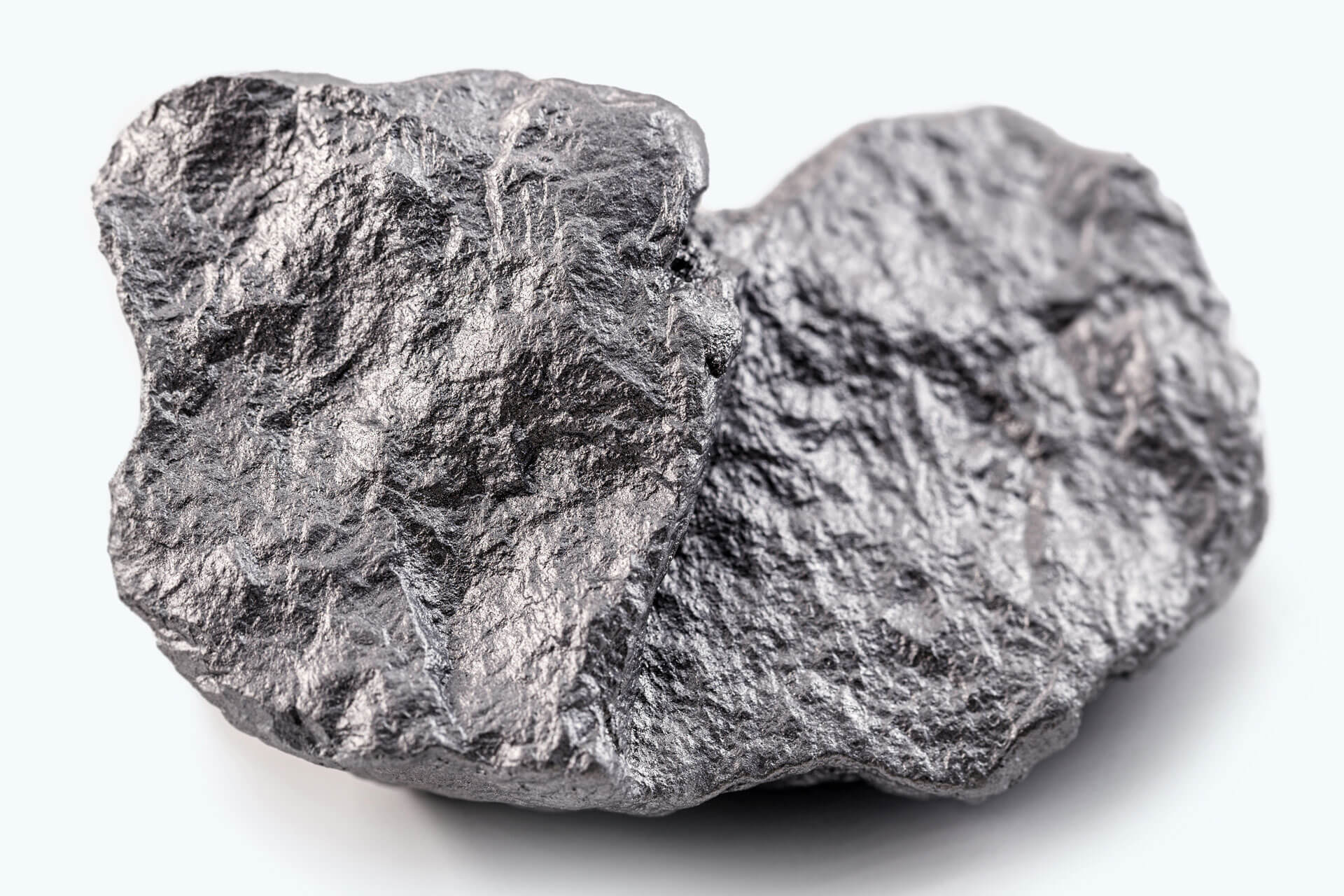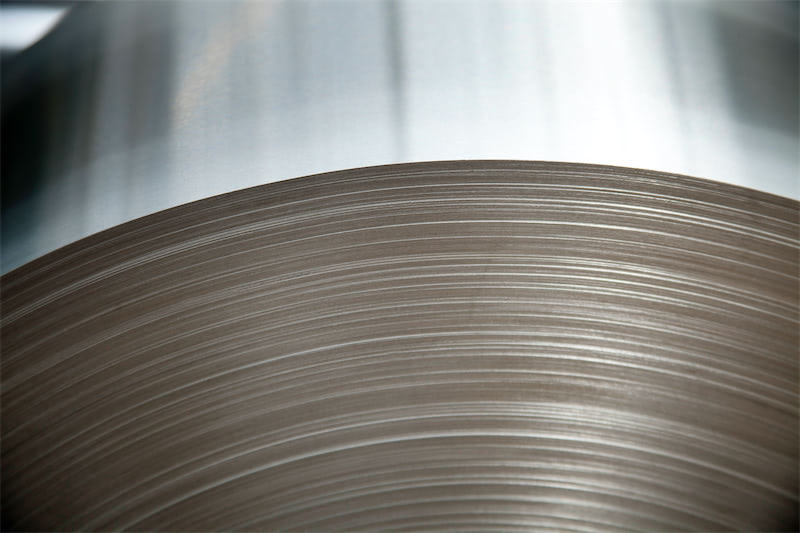Introduction
Since last Friday, rumors have circulated that Indonesia may ease its RKAB (Work Plan and Budget) approval process. While not officially confirmed, this has already affected market sentiment and nickel price trends. This coincides with the month-end period when Indonesian smelters and nickel mines negotiate premiums for June ore. Despite the rumors, local nickel ore prices in Indonesia have remained firm, suggesting supply remains tight with no structural changes. According to ESDM officials, no major supplemental quota approvals have occurred in the past two weeks.
I. Overview of RKAB: Indonesia’s Mandatory Mining Qualification
1. Definition
RKAB (Rencana Kerja dan Anggaran Biaya) is an annual operational and financial plan required by Indonesia’s Ministry of Energy and Mineral Resources (ESDM). It’s essential for mining license holders (IUP/IUPK) and covers exploration, production, processing, and sales.
2. Importance
- Ensures legal compliance across the mining lifecycle
- Provides structured annual production and budgeting
- Required for receiving nickel ore quotas; non-compliance can result in penalties or license revocation
3. Application Process
Includes preparation, submission, multi-stage approval, and potential annual revision.
II. RKAB Approval Trends (2024–2025)
1. 2024 Approvals Summary
According to SMM, in 2024, the Indonesian government approved a total of 272 million wet metric tons of RKAB quotas. Specifically:
- Sulawesi Island: Approx. 188 million WMT
- Central Sulawesi (Morowali area): 64 million WMT
- Southeast Sulawesi: 105 million WMT
- East and South Sulawesi combined: 15 million WMT
- North Maluku (Halmahera Island): Approx. 83.6 million WMT
- West Papua (Obi Island): Approx. 43 million WMT
As of 2025, the ESDM has yet to release comprehensive RKAB approval data. Only partial data from Sulawesi has been disclosed, totaling 91,778,227 WMT, which is insufficient to gauge the national outlook.
2. Approval Timeline
2024 was the first year of strict RKAB enforcement. Most annual quotas were approved early, with supplemental quotas starting mid-year (July–November). A similar schedule is likely in 2025. A spike in approvals in October 2024 led to inventory restocking and lower domestic premiums, underscoring RKAB’s market impact.
The chart below shows the price trend of SMM's Indonesian domestic laterite nickel ore over the past year.
III. Market Impact of RKAB Policy
1. Supply Uncertainty
Since August 2023, approval cycles extended from annual to every three years per license. This slowed processing, tightening supply and boosting prices.
2. Market Volatility
RKAB developments significantly influence market sentiment. Rumors about approvals or cuts cause price fluctuations.
3. Effects on Smelters
Delayed approvals result in ore shortages, aggressive procurement, and higher costs. Long-term smelter operations depend on RKAB efficiency.
IV. SMM's Analysis of Recent Developments
Nickel Ore Price Outlook:
- Pyrometallurgical Ore:
- Supply side: Weather continues to disrupt supply. Rain remains frequent in Sulawesi from noon to night, and Halmahera has entered its rainy season. Heavy rainfall limits mine shipment volumes.
- Demand side: NPI prices have stabilized at low levels, and smelters are cautious. At current ore prices, both domestic and Indonesian NPI smelters are operating below cost.
- Inventory: Following April’s low stock and aggressive buying, smelters now have slightly improved inventories and are less willing to bid above market price.
- RKAB: Supplemental approvals are expected to begin in June, but market confidence in the approval pace remains low.
- Conclusion: Despite ongoing weather and supply-side risks, weak downstream prices will likely cap short-term price increases for fire-grade ore.
- Hydrometallurgical Ore:
- In April, some projects in the Morowali area reduced MHP output due to a tailings dam collapse, causing downstream smelters to push ore prices down.
- By May, most affected projects resumed operations, reviving demand for hydrometallurgical ore.
- New HPAL projects are expected to launch in the second half of the year, which may tighten the supply-demand balance.
- Conclusion: Hydrometallurgical ore prices may trend stronger in the coming months.
In summary, nickel ore prices remain a key cost driver for nickel production. SMM will continue monitoring the Indonesian domestic market supply-demand dynamics and the progress of RKAB supplemental approvals to provide timely updates and insights.


![[NPI Daily Review] The Market Was Mainly Driven by Restocking to Meet Immediate Needs; High-Grade NPI Prices Held Steady](https://imgqn.smm.cn/usercenter/CjEnN20251217171733.jpg)
